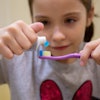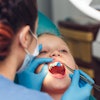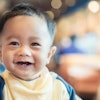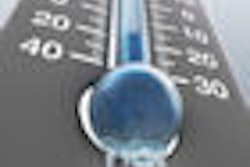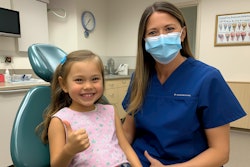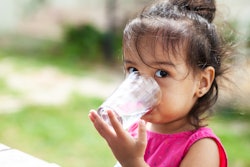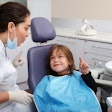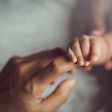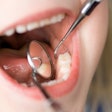Despite parents reporting that odontiasis affected their children's slumber, video showed teething may not increase sleep loss or cause fragmented sleep in infants, according to a new study published January 6 in the Journal of Pediatrics.
Educating parents with research about infant sleep problems may prevent potentially harmful management strategies for teething like excessive use of analgesics, the authors wrote.
"These findings challenge the widely held belief that teething disrupts sleep and highlight the need for pediatric healthcare professionals to consider alternative explanations for infant sleep problems," wrote the authors, led by Michal Kahn, PhD, of Tel Aviv University in Israel.
Generally, teething has frequently been blamed for multiple symptoms, including drooling, fever, irritability, and sleep disturbances. However, studies have not consistently supported the link between teething and these symptoms.
To explore the relationship between teething and infant sleep, parents of infants ages 3 to 18 months from the U.S. or Canada who reported that their child had a tooth eruption within the past four weeks responded to an online questionnaire. During a four-week period, 849 infants were monitored using automatic videosomnography, based on computer-vision technology to decode video footage from crib camera monitors.
Additionally, parents provided tooth eruption timing, symptoms, and management strategy information. Using generalized estimating equations and change-point analysis, total sleep time, nighttime awakenings, and parental crib visits were compared between reported teething and non-teething nights, according to the study.
Although more than half of parents reported infant sleep disturbances during teething, these subjective reports were not corroborated by video footage. Between three weeks before and one week after tooth eruption, no significant changes in infant nighttime sleep duration, the number of nighttime awakenings, or parental nighttime crib visits were witnessed between teething and non-teething days, the authors wrote.
Nevertheless, there were limitations. Automatic videosomnography fails to capture sleep-wake patterns that occur outside an infant's crib. Therefore, these study results may not apply to babies who regularly share a bed with their parents or spend most nights out of their cribs, they wrote.
In the future, additional studies using more diverse populations, as well as different metrics, should be conducted, the authors wrote.
"Parents and pediatric professionals should recognize that expectations regarding teething disrupting sleep may not be accurate, and in cases where sleep problems are persistent and disruptive, consider the diagnosis and management of underlying sleep issues, rather than attributing them solely to teething," Kahn and colleagues wrote.

